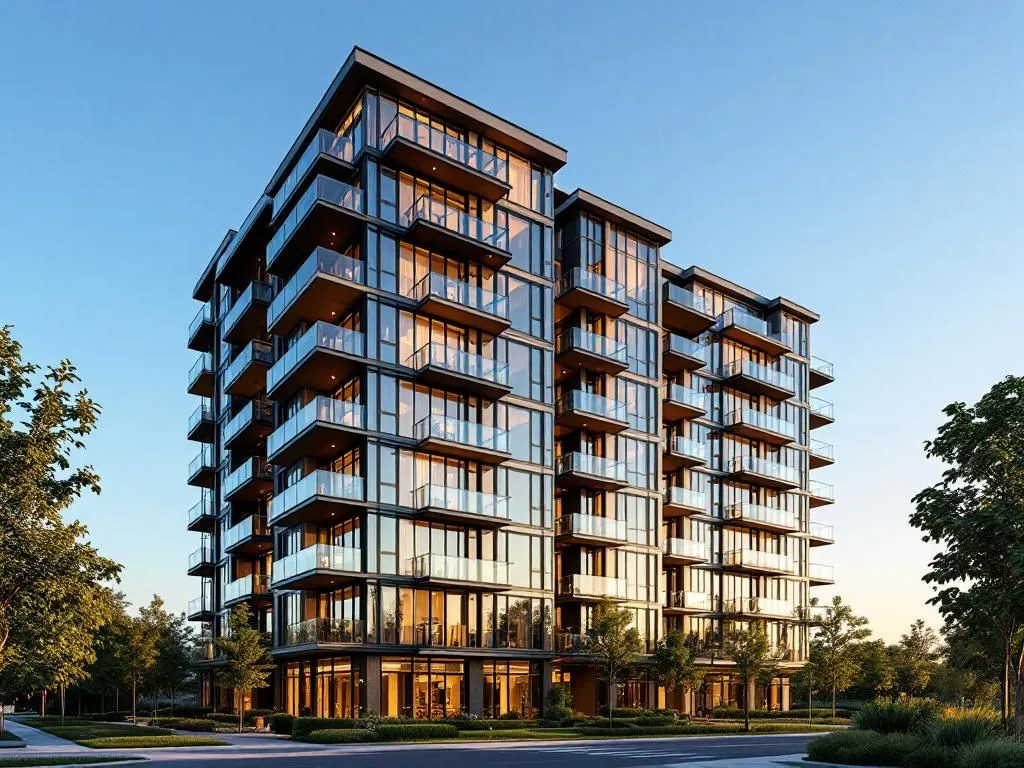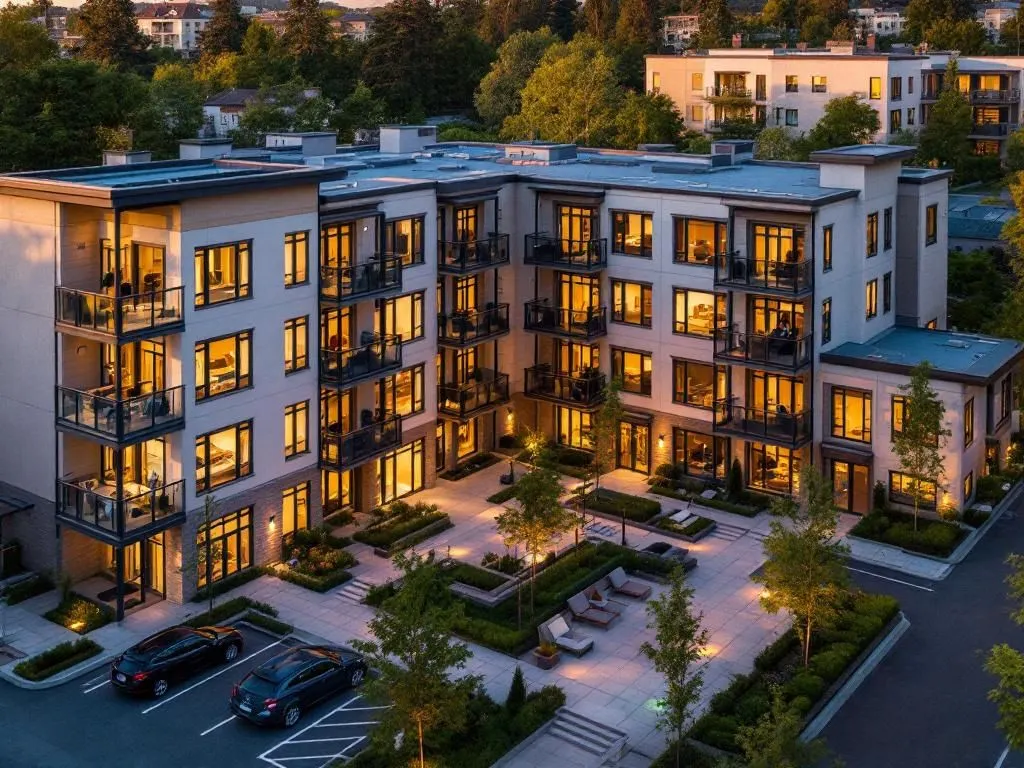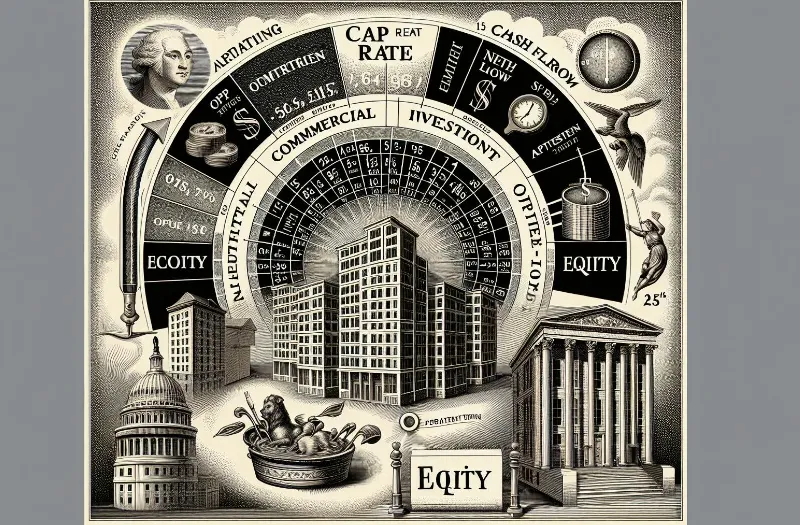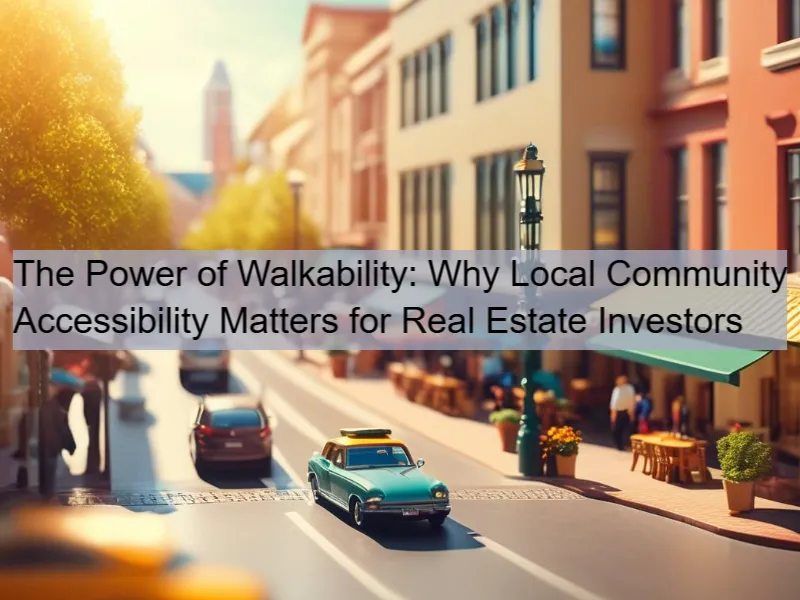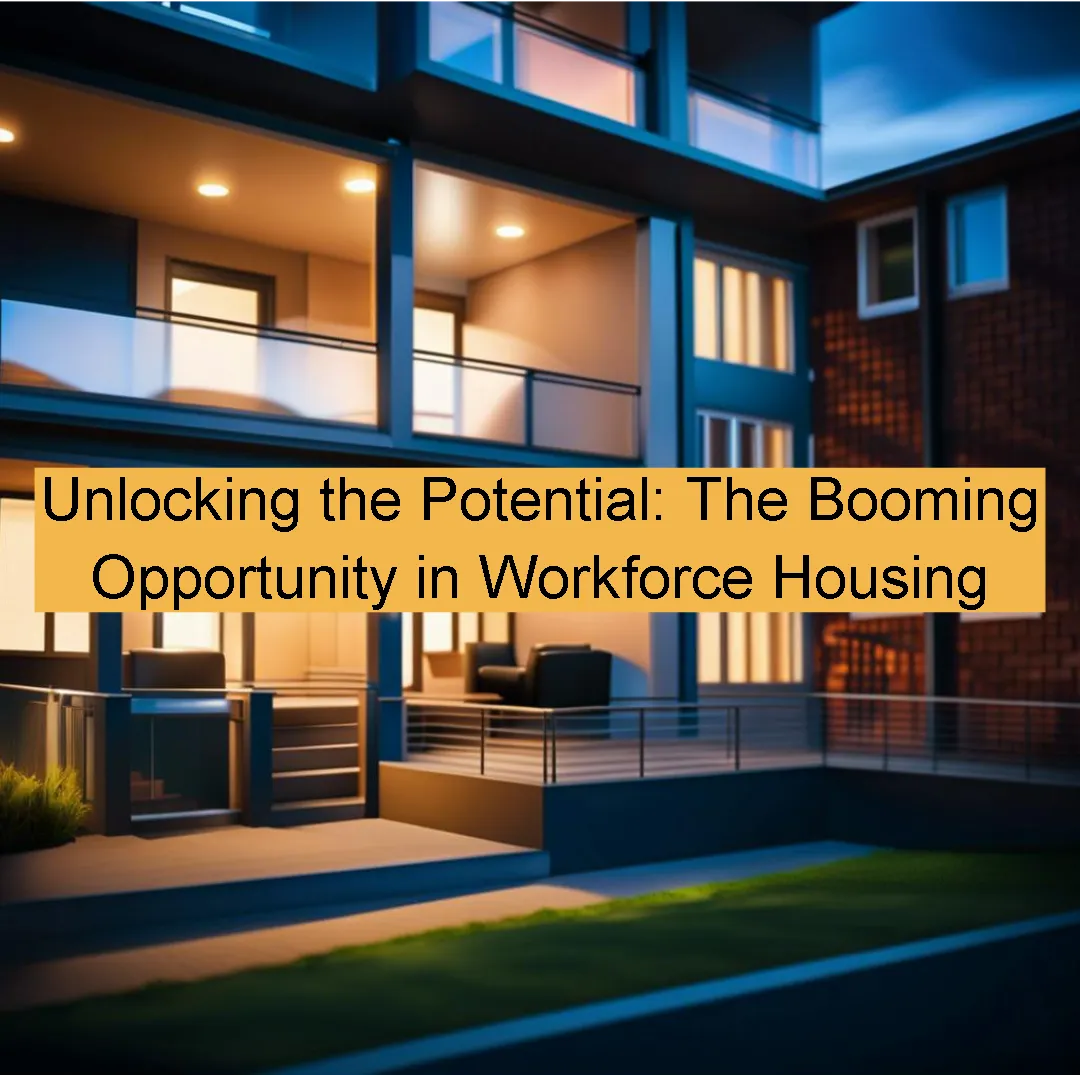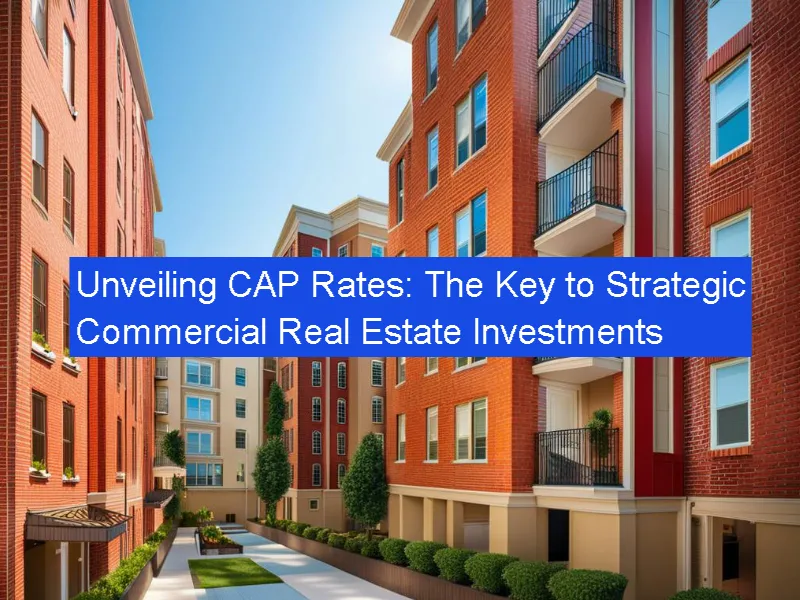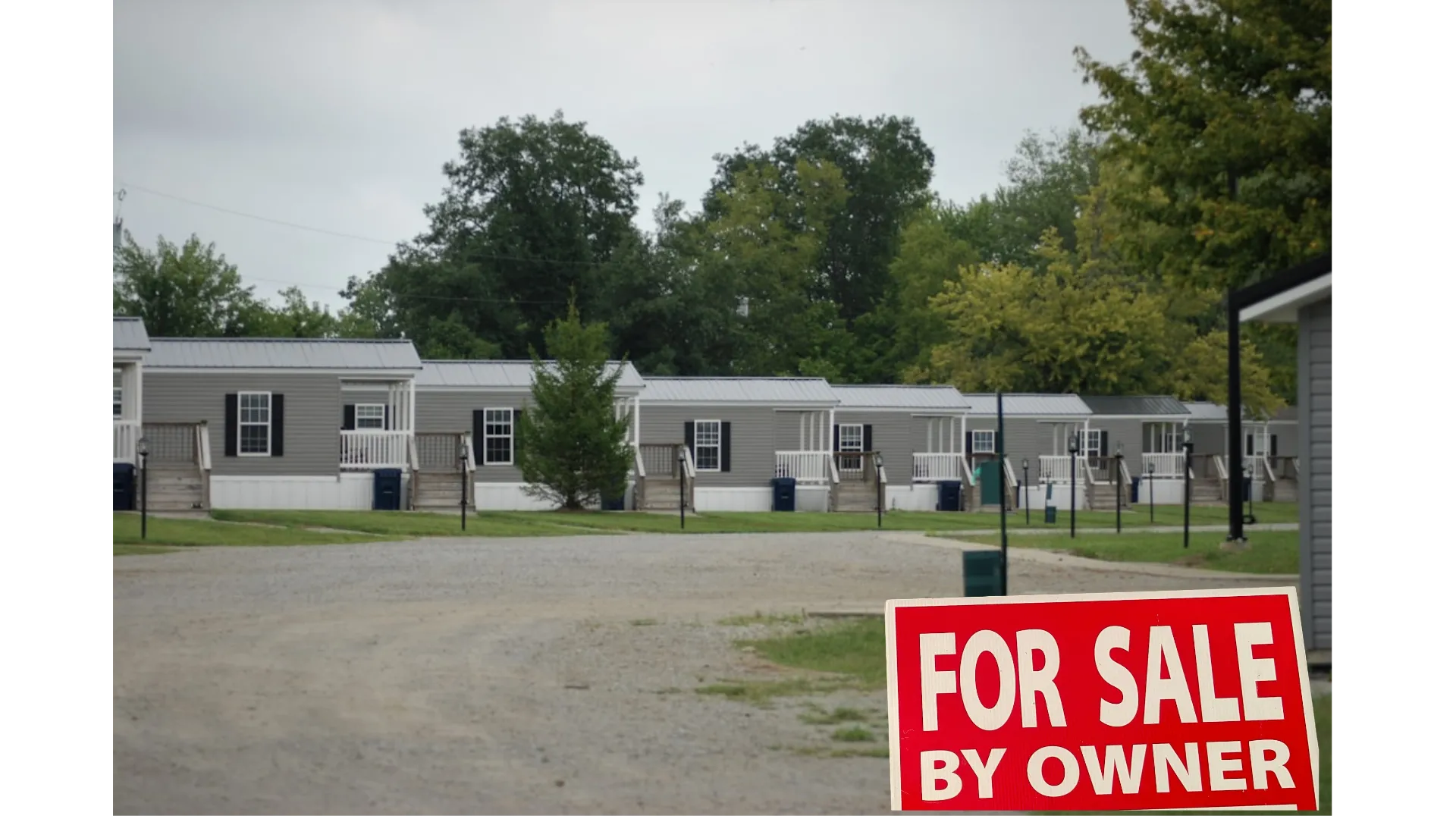From Hotels to Homes: How Real Estate Investors are Transforming Communities with Workforce Housing Conversions
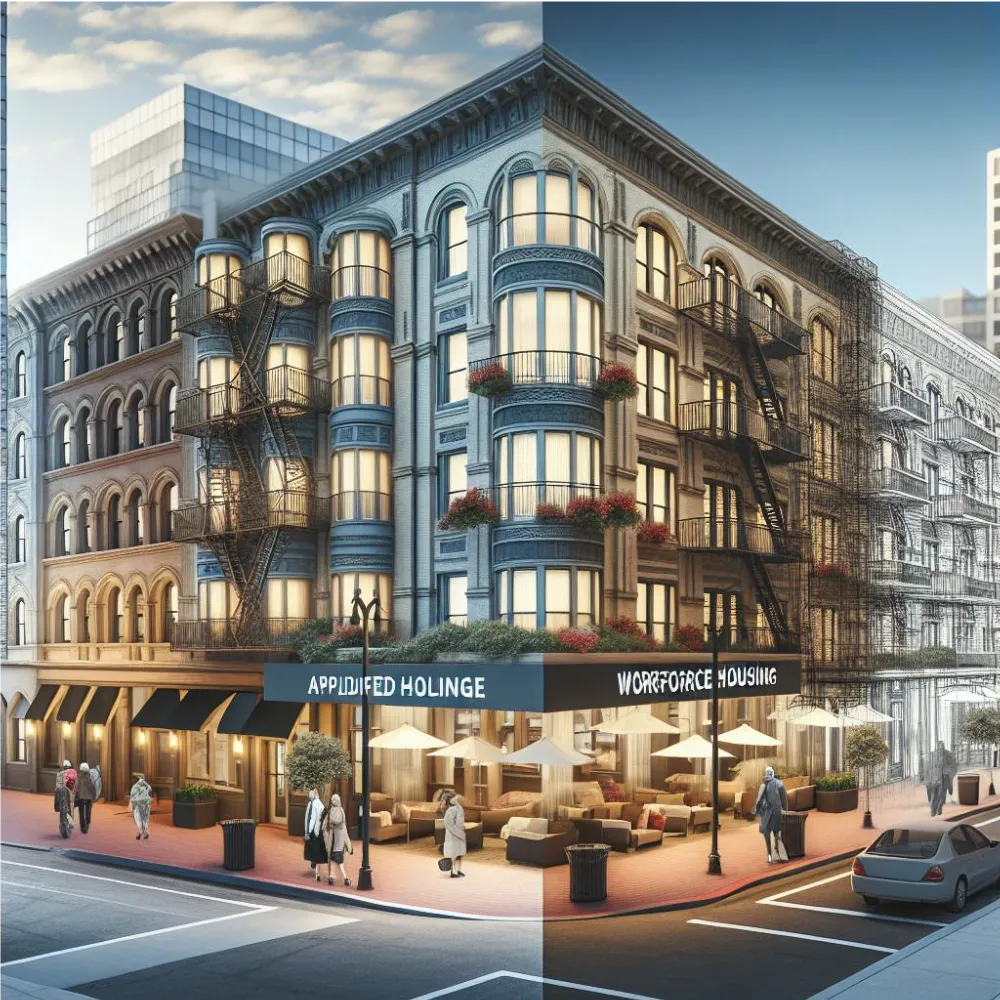
Untapped Real Estate Market
In the ever-evolving world of real estate investing, there's a trend emerging that not only promises profitable returns but also addresses a pressing social need - the conversion of smaller hotel properties into workforce housing.
This innovative approach is not only transforming underutilized spaces into affordable housing solutions but also providing real estate investors with a unique opportunity to make a meaningful impact on communities while turning a profit.

One prime example of this trend can be found in the heart of Austin, Texas, where a local real estate investor, Sarah Martinez, saw the potential in a struggling hotel property located near the city center.
By partnering with a team of architects and designers, Sarah successfully converted the hotel into a series of modern, affordable housing units tailored to the needs of the city's workforce.
The project not only revitalized a neglected property but also provided much-needed housing options for essential workers in the area.
It Is Not Just in Texas
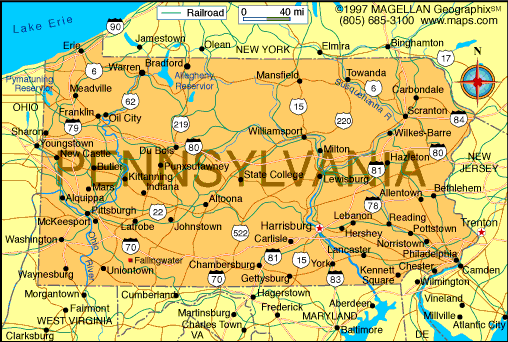
Similarly, on the East Coast, in Philadelphia, a group of investors led by Mark Johnson took on the challenge of converting a historic hotel into workforce housing for low-income families.
By working closely with local government agencies and historical preservation groups, the investors were able to navigate the complex regulations and requirements involved in repurposing a heritage property.
The result was a stunning renovation that preserved the hotel's architectural charm while providing safe and affordable housing for the community.
Works In The South Too

Further south, in Miami, a team of young entrepreneurs saw an opportunity to convert a beachfront hotel into workforce housing for seasonal workers in the tourism industry.
By collaborating with lenders who understood the vision behind the project, the investors were able to secure the necessary financing to undertake the ambitious conversion.
The newly renovated property not only provided much-needed housing options for seasonal workers but also became a profitable venture for the investors involved.
Navigating the intricacies of converting hotel properties into workforce housing requires a delicate balance of collaboration and creativity.
Working closely with local government officials is essential to ensure compliance with zoning laws and building codes. Establishing positive relationships with lenders is crucial in securing the financing needed to fund the conversion project.
Additionally, engaging with the existing staff at the hotels being converted can lead to valuable insights and foster a sense of community within the new workforce housing units.
The success of these hotel conversion projects serves as a testament to the transformative power of real estate investing when combined with a strong social conscience.
By repurposing underperforming hotel properties into affordable housing solutions, investors have the opportunity to not only generate significant returns but also make a tangible difference in the lives of individuals and families in need of housing security.
In conclusion, the trend of converting smaller hotel properties into workforce housing represents a unique opportunity for real estate investors to create both financial prosperity and positive social impact.
By learning from successful projects like those in Austin, Philadelphia, and Miami, investors can gain valuable insights into the nuances of working with local governments, lenders, and hotel staff to bring these transformative conversions to life.
It's a win-win scenario where profits meet purpose, creating a brighter future for communities in need of affordable housing solutions.

